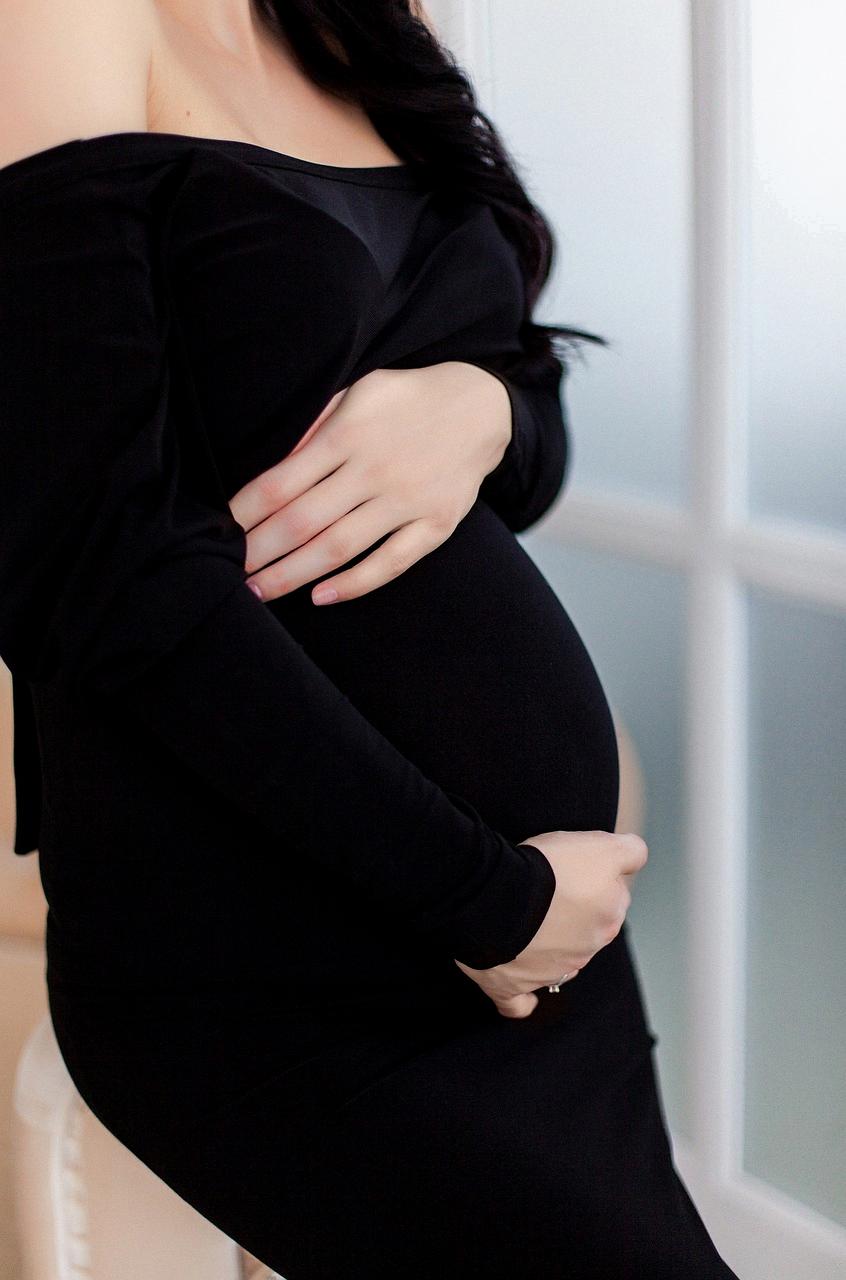It is no secret that pregnancy can bring about numerous changes in a woman’s body, and one of the most common complaints is sore breasts. The tenderness and sensitivity in the breasts are often one of the earliest signs of pregnancy, starting as early as the first few weeks after conception. This discomfort is primarily due to the hormonal changes that pregnancy triggers, particularly the rise in estrogen and progesterone levels.
First Trimester: Peak of Breast Soreness
During the first trimester of pregnancy, breast soreness tends to peak. Many women experience heightened sensitivity, swelling, and heaviness in their breasts during this time. It is not uncommon for expecting mothers to find it uncomfortable to wear certain bras or even to touch their breasts due to the tenderness. This discomfort is a normal part of the early stages of pregnancy and is usually a temporary phase.
Second Trimester: Relief on the Horizon
Fortunately, for most women, the soreness in the breasts tends to subside as they transition into the second trimester. This relief is often due to the stabilization of hormone levels in the body. As estrogen and progesterone find a balance, the intense tenderness that characterized the first trimester starts to diminish. Women commonly report feeling more comfortable and less bothered by breast soreness during this period.
Continued Discomfort: Symptoms in Later Pregnancy
While the majority of pregnant women find relief from breast soreness in the second trimester, it is essential to note that some may continue to experience discomfort throughout their pregnancy. Certain factors, such as individual hormone levels and sensitivity, can influence the duration and intensity of breast soreness. Moreover, as the body prepares for lactation, changes in the breasts can lead to ongoing sensitivity and aches in some women.
Coping Strategies: Managing Breast Soreness
For those struggling with persistent breast soreness during pregnancy, there are several strategies that can offer relief. Wearing a well-fitted, supportive bra can help reduce discomfort by providing adequate support. Opting for cotton bras and avoiding underwires can also alleviate pressure on sensitive breasts. Additionally, applying warm compresses or taking warm showers may offer soothing relief to tender breasts.
Consulting Your Healthcare Provider
If you find that breast soreness is causing significant discomfort or if you have concerns about the changes in your breasts during pregnancy, it is crucial to consult your healthcare provider. Your doctor can evaluate your symptoms, provide reassurance, and offer personalized recommendations to help manage your discomfort. In some cases, they may recommend over-the-counter pain relief or topical treatments to alleviate soreness.
Embracing the Changes
As challenging as breast soreness during pregnancy may be, it is essential to remember that these changes are part of the incredible journey of bringing new life into the world. Embracing the transformations in your body, including the tenderness in your breasts, can be a powerful way to connect with your pregnancy experience. Finding moments of self-care and relaxation can also help ease discomfort and promote a positive mindset throughout this period.
Support and Understanding
It is crucial for pregnant women to seek support and understanding from their partners, family members, and friends during this time. Communicating about your physical discomfort and emotional needs can foster a sense of connection and empathy in your relationships. Having a strong support system can make a significant difference in how you navigate the challenges of pregnancy, including breast soreness.
Self-Care and Well-Being
Engaging in self-care practices and prioritizing your well-being can help you manage breast soreness and other pregnancy-related symptoms more effectively. Taking time for relaxation, gentle exercise, and healthy nutrition can contribute to your overall comfort and vitality during this transformative time. Remember to listen to your body, honor your needs, and seek moments of rest and rejuvenation as you prepare for the arrival of your little one.
Enjoying the Journey
While breast soreness in pregnancy can be challenging, it is essential to focus on the joys and wonders of this unique phase in your life. Celebrate each milestone, cherish the bond you are forming with your baby, and savor the anticipation of motherhood. By approaching your pregnancy with a positive attitude and a spirit of resilience, you can embrace the changes in your body, including the fluctuations in your breasts, with grace and appreciation.
Conclusion
In conclusion, breast soreness during pregnancy is a common and often temporary discomfort that many women experience. While the intensity of tenderness may vary from woman to woman, most find relief as they progress through the second trimester. For those dealing with ongoing breast soreness, seeking support, implementing coping strategies, and consulting a healthcare provider can offer valuable assistance. Remember to prioritize self-care, embrace the transformations in your body, and enjoy the journey of pregnancy with gratitude and resilience.

